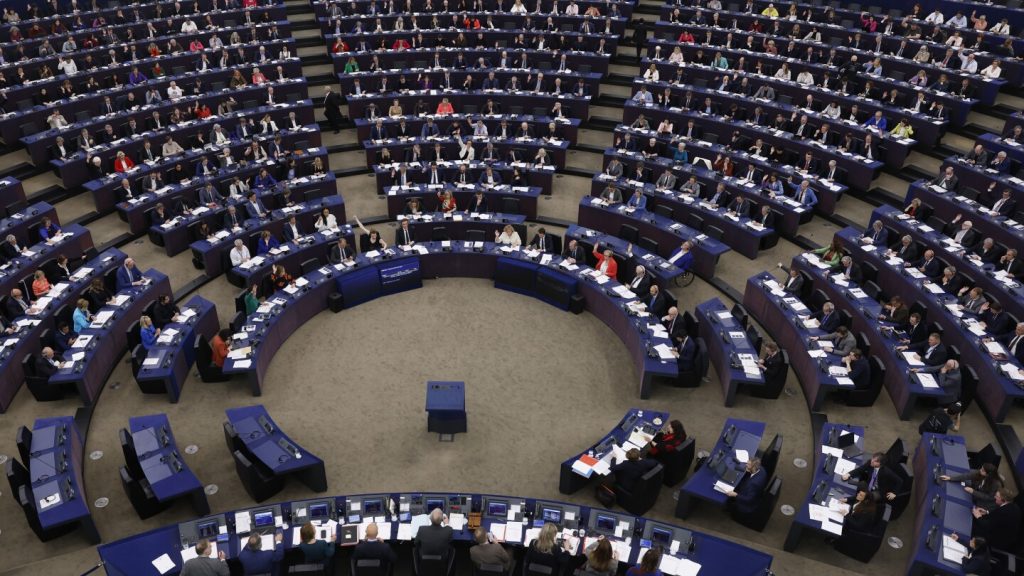EU countries have approved a 6 billion euro plan to support Western Balkan states in their efforts to accelerate reforms and economic growth, as they aim for future membership in the bloc. The plan, covering the period from 2024 to 2027, will provide up to 2 billion euros in grants and 4 billion euros in loans, contingent on reforms aligning with EU rules. This assistance aims to support socio-economic and fundamental reforms, including those related to the rule of law and fundamental rights.
The six Western Balkan countries — Albania, Bosnia, Kosovo, Montenegro, North Macedonia, and Serbia — have pledged to adapt customs regulations, create joint border crossings like EU member countries, launch research and development hubs for industry, and install free Wi-Fi in public places as part of their commitment to EU integration. Croatia was the most recent country to join the EU in 2013, highlighting the gradual progress of Western Balkan states in their applications for membership.
A key condition for Serbia and Kosovo to receive aid is constructive engagement with measurable progress in the normalization of their relations. Serbia has not recognized Kosovo’s 2008 declaration of independence, leading to tensions between the two countries and concerns among Western powers. Despite both expressing a desire to join the EU, their refusal to compromise on key issues has put their membership prospects at risk. The EU has emphasized the importance of resolving bilateral disputes as a fundamental step towards integration.
The EU’s financial support for the Western Balkans is part of a broader strategy to promote reforms and economic development in the region, ultimately paving the way for potential membership in the bloc. The funding will aim to address challenges such as improving governance, strengthening the rule of law, and enhancing economic competitiveness. By aligning their policies and practices with EU standards, Western Balkan countries can enhance their prospects for EU accession and contribute to regional stability and prosperity.
The EU’s commitment to supporting Western Balkan states reflects its strategic interest in promoting stability and integration in the region. By providing financial assistance and technical support, the EU aims to facilitate reforms and foster closer cooperation among Western Balkan countries. This initiative underscores the EU’s role as a key partner in the region’s development and highlights the importance of regional cooperation and dialogue in advancing the shared goal of European integration.
Overall, the approval of the 6 billion euro plan signals a significant step towards enhancing EU-Western Balkan relations and advancing the region’s progress towards EU membership. As Western Balkan countries work towards meeting the criteria for accession, the EU’s support will play a crucial role in driving reforms, promoting regional cooperation, and fostering sustainable development. The implementation of this plan will be closely monitored to ensure that the funds are used effectively and contribute to the shared goal of European integration.


